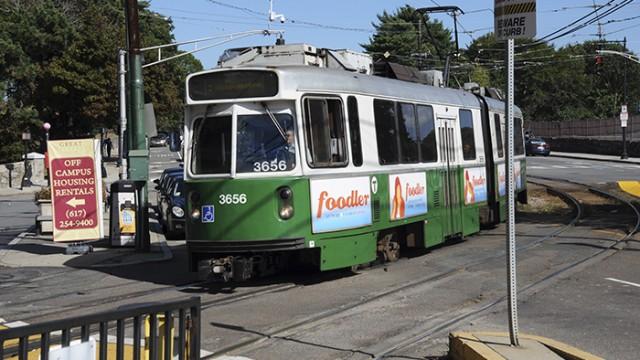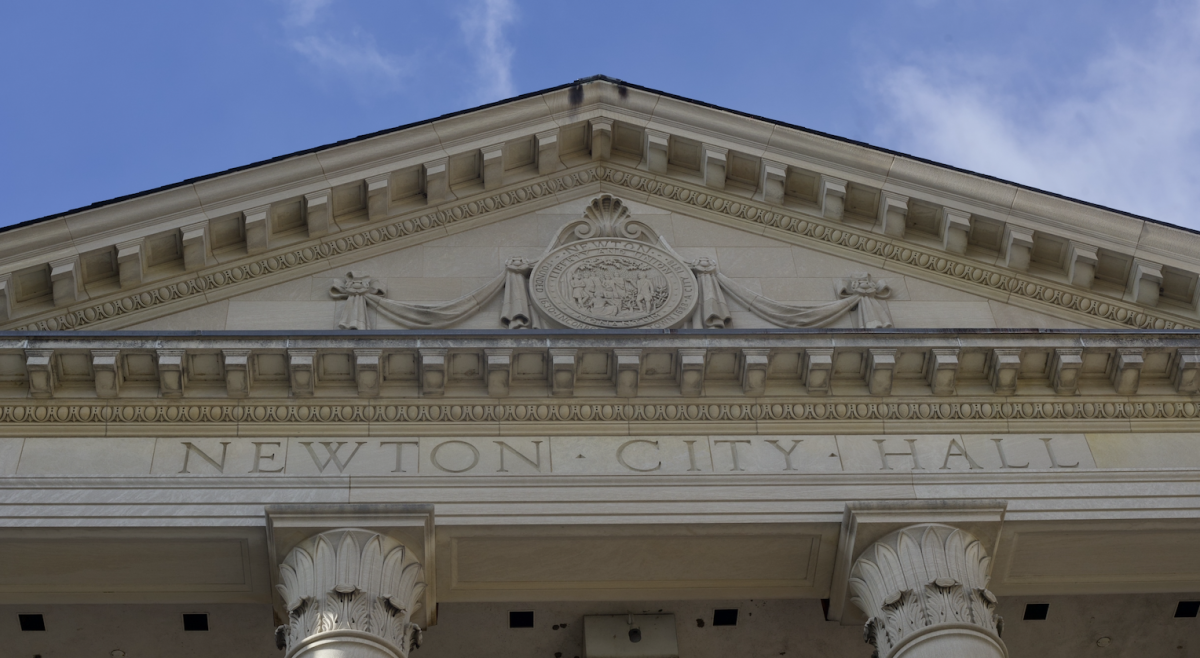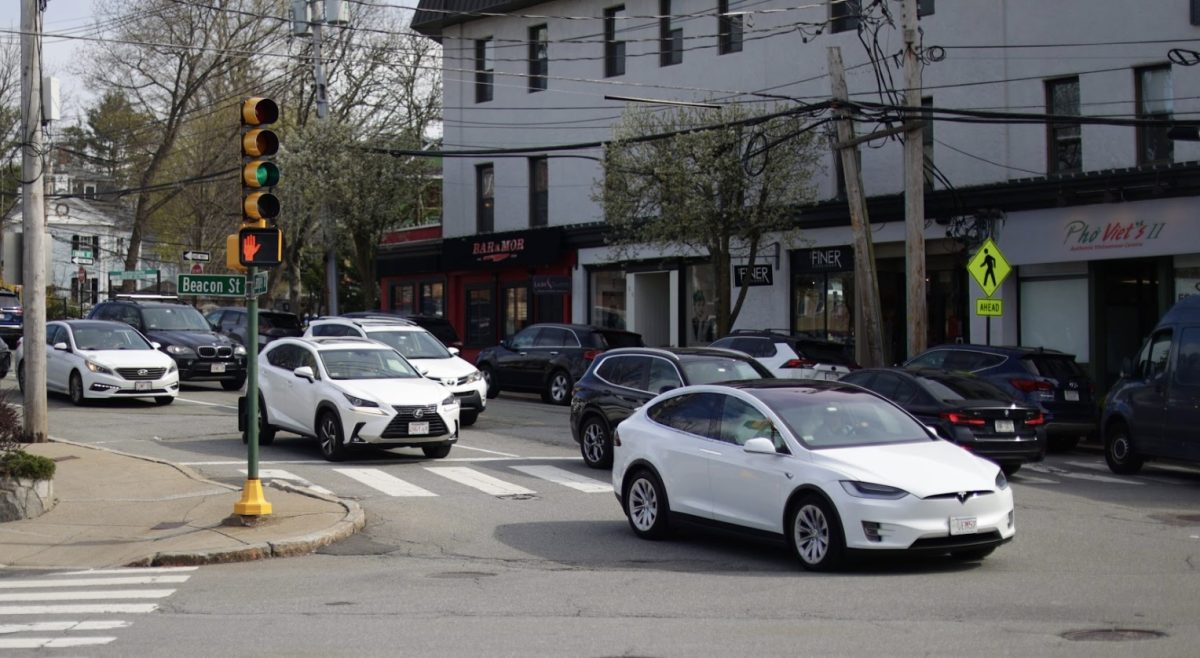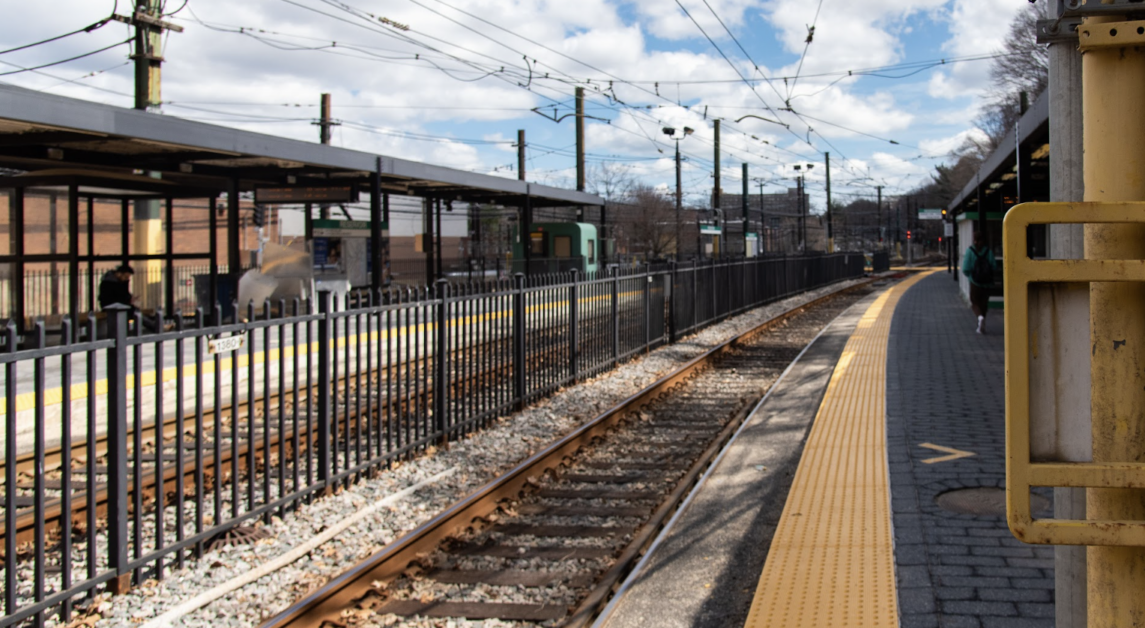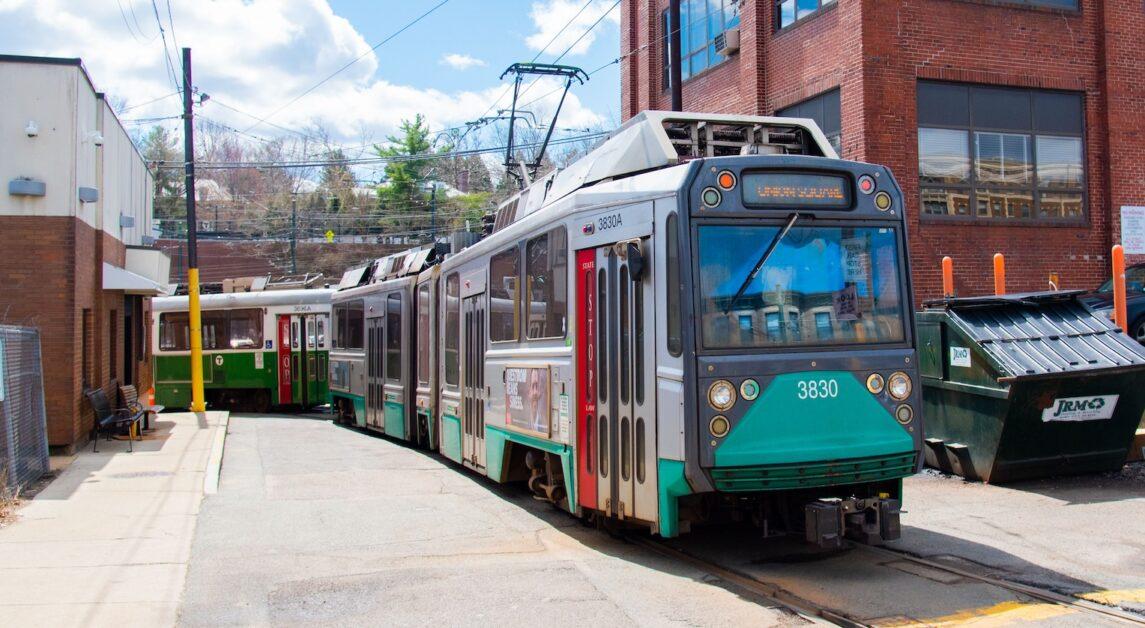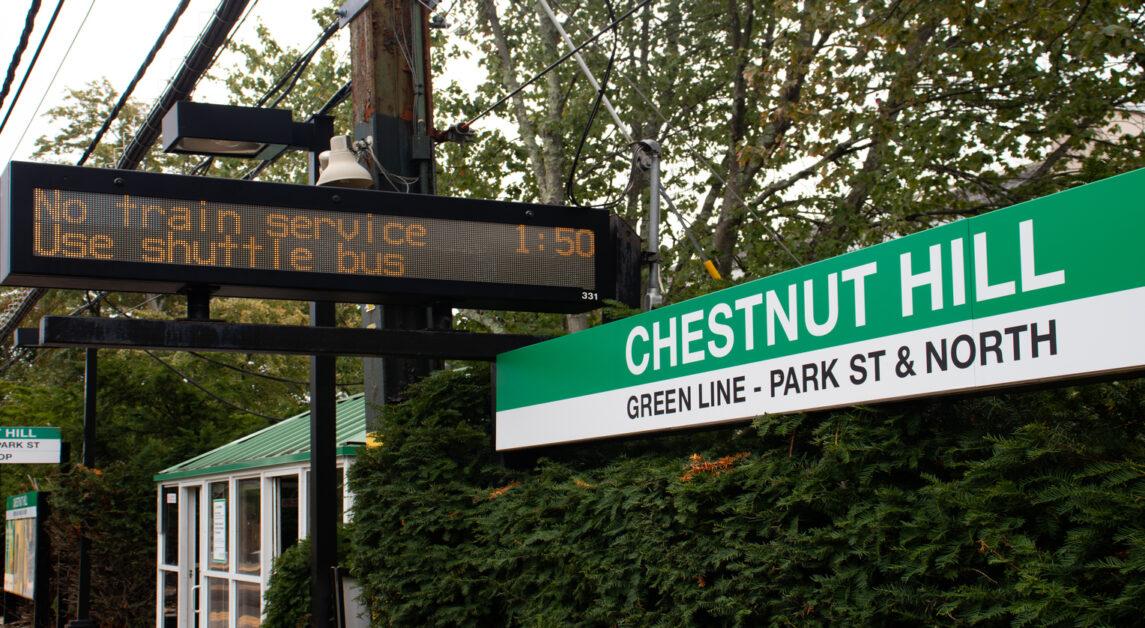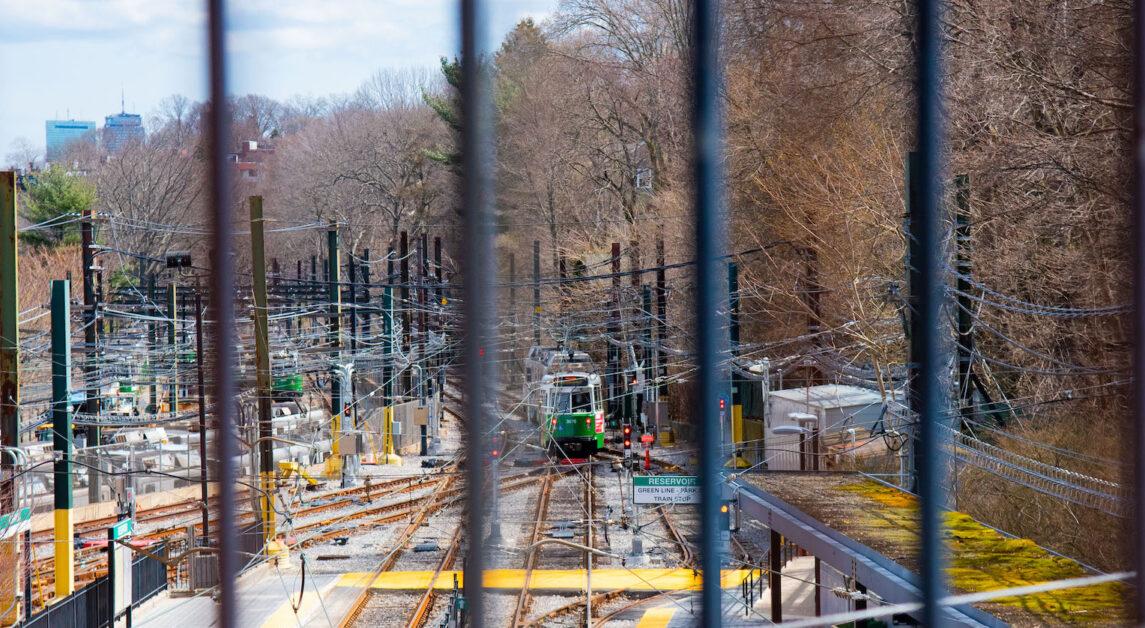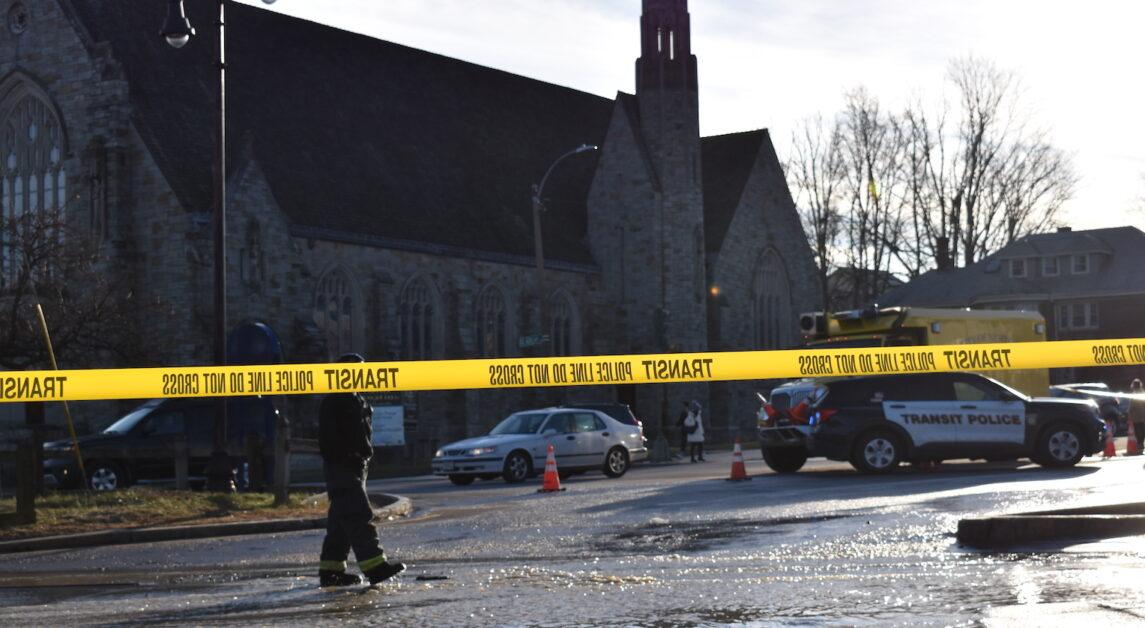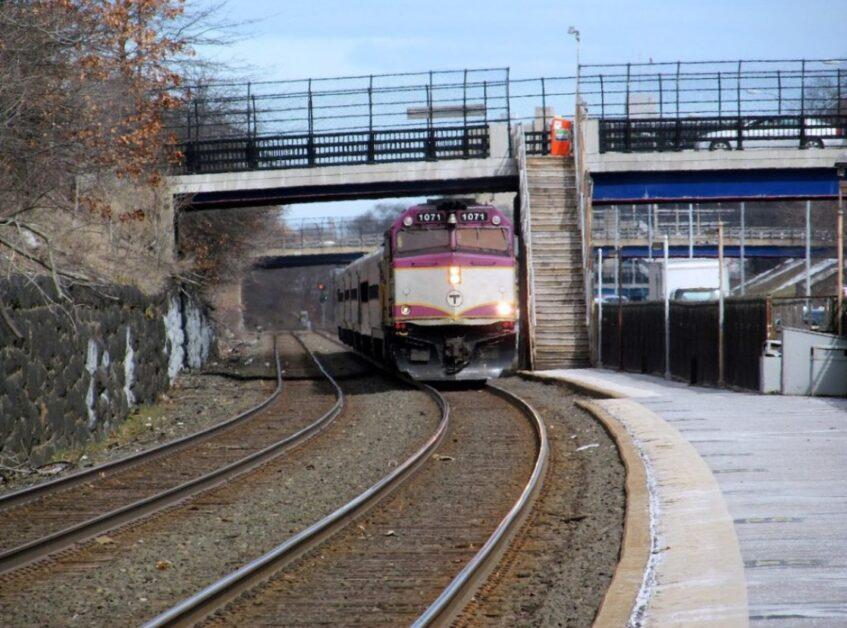A 5.8 percent rate hike for rides on the T or the commuter rail will go into effect, according to a release from the Massachusetts Bay Transport Authority (MBTA). The governing board of the MBTA voted in favor of the fare increase on Monday night. Bus rates will be unaffected, as will rates paid by seniors and riders with disabilities.
By law, fare rates cannot be increased by more than 7 percent. Now, no fare increases can be proposed for two years: The current governing board has locked in a three-year rate freeze, but since the board will be dissolved in 2020, a new board could either lower or increase rates after the two-year mark.
The MBTA hosted a public hearing on the proposed increases last Wednesday, when the proposed increase was set at 6.3 percent. Attendees generally opposed increasing fares, but the lack of public support did not sway four out of the five members of the governing board. Monica Tibbits-Nutt, the board’s vice chair, abstained, according to The Boston Globe. She criticized the changes as “premature,” according to the Globe, because of lack of progress on large MBTA projects.
Board members also approved drafting a letter asking for the state to raise funds for the MBTA outside of fare increases, according to the Globe. Massachusetts Governor Charlie Baker has said in the past he will not consider such initiatives, per the Globe.
State representatives present at Monday’s hearing also expressed their disdain for the increases. Stephanie Pollack, Massachusetts’ transportation secretary, told the Globe that public dissent was based more on lacking service rather than issues with an increase—she said she believes the increase will improve customer service.
The MBTA had forecasted a $32 billion revenue increase from the changes, but that number has been revised to $29.5 billion since bus fares will no longer be affected by the rate hike.
Featured Image Courtesy of Heights Archives

